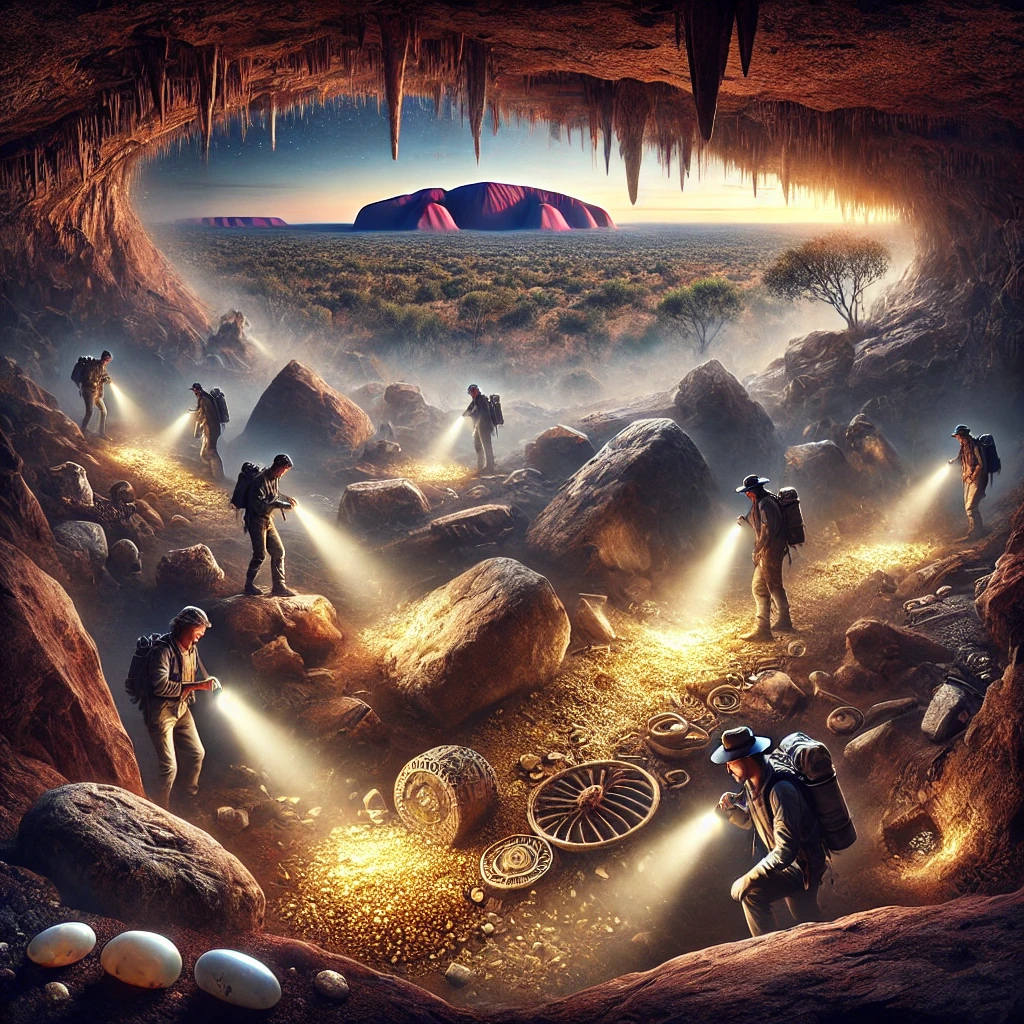1. The Rise of Billionaire Landowners in Australia
Over the past decade, billionaires and multinational corporations have been rapidly acquiring vast stretches of Australian land, including farms, ranches, and remote territories.
- Foreign investors and local magnates are purchasing agricultural land, mining areas, and coastal properties.
- Many billionaires are buying large rural properties, seeing them as safe investments.
- The trend has sparked debates over foreign ownership and land accessibility.
Australia’s expansive landmass and natural resources make it an attractive destination for real estate moguls, tech billionaires, and global corporations.
2. Who Are the Billionaires Buying Australian Land?
Key Australian and International Billionaire Landowners:
- Gina Rinehart (Australia): One of the country’s richest individuals, she owns millions of hectares of farmland and mining assets.
- Andrew Forrest (Australia): The mining magnate has acquired large-scale cattle stations and renewable energy land.
- Elon Musk (USA): Reportedly eyeing land for future energy projects in Australia.
- Bill Gates (USA): Microsoft’s co-founder has invested in agricultural land, though his Australian holdings remain undisclosed.
- Chinese and Middle Eastern investors: Major buyers of prime agricultural and urban real estate.
The land-buying spree is reshaping Australia’s economic and environmental landscape.
3. Why Are Billionaires Investing in Australian Land?
Several factors make Australia’s land market attractive to billionaires:
- Agriculture: With global food demand increasing, farmland is a secure investment.
- Mining and Natural Resources: Australia has rich deposits of coal, iron ore, and lithium, crucial for global industries.
- Renewable Energy Development: Investors see potential in solar farms, wind energy, and hydrogen projects.
- Climate Change Safe Zones: Some billionaires are buying remote land as potential climate refuges.
These investments aren’t just financial—they represent control over critical industries.
4. Foreign Ownership vs. Australian-Owned Land: Who Owns What?
Breakdown of Land Ownership:
- Foreign investors own over 13% of Australian farmland, with China, the UK, and the USA being major stakeholders.
- Australia’s top 10 landowners control more land than many small countries.
- Government policies have tightened regulations on foreign ownership, but large-scale purchases still occur.
This shift in land ownership has sparked national debates about sovereignty, environmental conservation, and food security.
5. Controversies Surrounding Large-Scale Land Purchases
The billionaire land grab hasn’t come without controversy and backlash.
- Concerns over foreign ownership: Many Australians fear too much land is controlled by foreign investors.
- Water rights and environmental impact: Large farms and mining operations consume massive amounts of water in drought-prone regions.
- Land monopolization: Local farmers struggle to compete as corporate and billionaire buyers inflate land prices.
- Traditional land rights issues: Some purchases conflict with Indigenous land claims and cultural heritage.
These concerns have led to calls for greater transparency and stricter regulations on large land acquisitions.
6. The Mining Boom and Its Impact on Land Ownership
Australia’s mining industry is one of the biggest drivers of billionaire land acquisitions.
- Companies like Rio Tinto and BHP own vast mining leases, controlling iron ore, lithium, and coal reserves.
- Billionaires like Gina Rinehart and Andrew Forrest use their land for mining and resource extraction.
- Mining operations often lead to environmental degradation, deforestation, and displacement of local communities.
As global demand for critical minerals increases, mining billionaires continue to expand their land holdings.
7. The Role of Real Estate and Urban Development in Billionaire Land Acquisitions
It’s not just farmland and mining areas—billionaires are also investing in urban real estate.
- Luxury property markets in Sydney and Melbourne are dominated by wealthy investors and multinational corporations.
- Tech entrepreneurs and global elites are buying waterfront properties and high-end developments.
- Infrastructure projects like airports, rail lines, and highways are driving up land value.
This has contributed to rising property prices and housing affordability issues for everyday Australians.
8. How Billionaire-Owned Land is Changing Australian Agriculture
Large-scale land ownership is transforming traditional farming in Australia.
- Mega farms use high-tech agriculture, including drones, AI, and precision farming.
- Corporate farming increases efficiency but threatens small family farms.
- Export markets dominate food production, with much of Australia’s produce going overseas.
These changes have raised concerns about food security and sustainable farming practices.
9. Government Policies and Public Reactions to Large Land Purchases
Australia’s government has taken steps to regulate foreign and billionaire land acquisitions.
- The Foreign Investment Review Board (FIRB) now monitors large agricultural and strategic land purchases.
- New taxes and restrictions have been placed on overseas buyers in the real estate sector.
- Public protests have erupted over Indigenous land disputes and environmental concerns.
Despite tighter regulations, billionaires and corporations still find ways to secure vast amounts of land.
10. The Future of Land Ownership in Australia: What’s Next?
Possible Future Trends:
- More corporate farming and industrial land use could reshape rural economies.
- Tighter land ownership laws may be introduced to curb speculation and protect resources.
- Increased investment in renewable energy projects could drive land values up.
- Indigenous land rights movements may push for more land repatriation efforts.











Leave a Reply